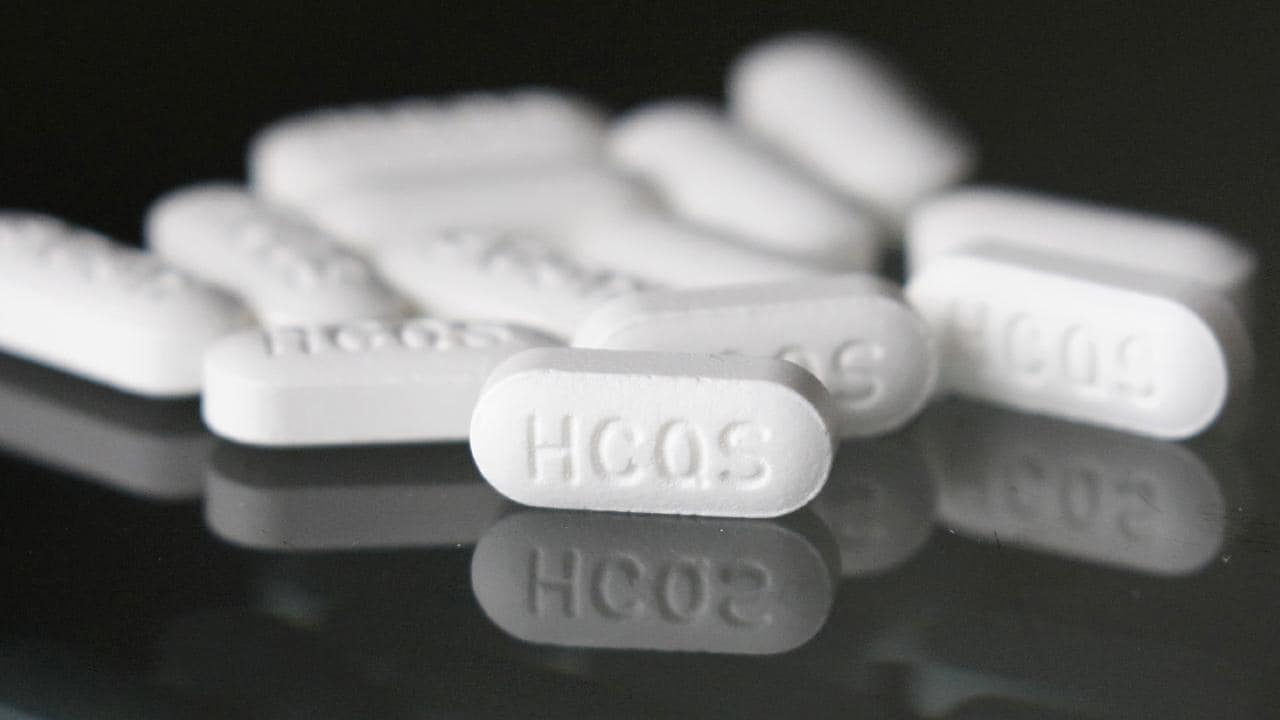Source: The Australian
The researchers leading a major Australian clinical trial into whether the drug hydroxychloroquine is effective in treating coronavirus have addressed concerns over whether they should be administering the drug, critiquing two international studies.
The trial involves more than 70 hospitals nationwide and will test the efficacy of hydroxychloroquine in preventing severe disease from COVID-19.
The clinical trial will also test the anti-HIV drug lopinavir.
Patients with COVID-19 who are sick enough to require hospitalisation but not admission to intensive care will be asked to participate in the trial.
A quarter of the patients will be given hydroxychloroquine, currently used to treat arthritis and prevent malaria, and a quarter will be given lopinavir, which is also known as ritonavir. A quarter will be given a combination of the two drugs, and a quarter will be given no treatment.
The trial, led by Steven Tong, a Royal Melbourne Hospital infectious diseases clinician and co-lead of clinical research at the Doherty Institute, is expected to run for 18 months and involve more than 2000 patients. COVID-19-positive patients will also be recruited internationally.
Professor Tong said the trial’s investigators had received questions about whether they should continue to use hydroxychloroquine, given the publication of the results of several international non peer reviewed studies that had shown either little benefit to using the drug to treat COVID-19, or potential harms in high dose with underlying conditions and onset of age.
One non peer reviewed, retrospective analysis of 368 American male patients over 58 with late onset coronavirus and various other conditions were treated at US Veterans Health Administration medical centres, found that those who were administered hydroxychloroquine were no less likely to require ventilation and suggested they had a higher death rate from COVID-19 than patients who took no medication.
The study found that patients with heart issues and an advanced stage of coronvirus that took hydroxychloroquine had a 27.8 per cent death rate from COVID-19, whereas 158 patients who did not take the drug had an 11.4 per cent death rate.
“For example, ( on the VA analysis) more patients in the HCQ group had low oxygen levels at baseline, were hypertensive, and had lower protein levels, all risks for worse outcomes. Although adjustments were made in the analysis, unmeasured parameters cannot be adjusted for. Other limitations were that only men were included in this dataset and there is no detail about the doses of hydroxychloroquine used.“
Professor Tong
In another non peer reviewed finding, a Brazilian clinical trial was cut short after some patients developed irregular heartbeats and nearly two dozen died after taking very high daily doses of the drug with advanced coronavirus.
In an article published on the ASCOT trial’s website, Professor Tong critiqued those two studies, saying they did not provide firm evidence that hydroxychloroquine was harmful.
He said in the US study, the patients who received hydroxychloroquine were at greater risk of poor outcomes because more of them had several pre-existing risk factors.
Professor Tong said in the Brazilian study, several of the patients who received hydroxychloroquine had abnormal heart rhythms.
“It (The Brazil trial) suffers from a number of issues that cloud the conclusions and the generalisability”
Professor Tong
Other points he made are:
- The dose of chloroquine chosen was likely to be too high and is not being used elsewhere clinically nor in clinical trials at this dose. Therefore, the toxicity concerns may not be applicable with more appropriate dosing.
- Almost all patients received azithromycin and oseltamivir, which can both prolong QTc. Therefore, the toxicity concerns may not be applicable to HCQ alone (even at the high dose).
- Stopping the study after 13 days and with 11 deaths was very early. The primary endpoint of mortality at 28 days for even the first patient enrolled may not have been met. Unfortunately, this means the sample size is small and we cannot draw any robust conclusions based on this data.
“We cannot draw any robust conclusions based on this data,” he said, adding it was appropriate to continue to use the drug in the ASCOT trial.
See the original: The Australian

